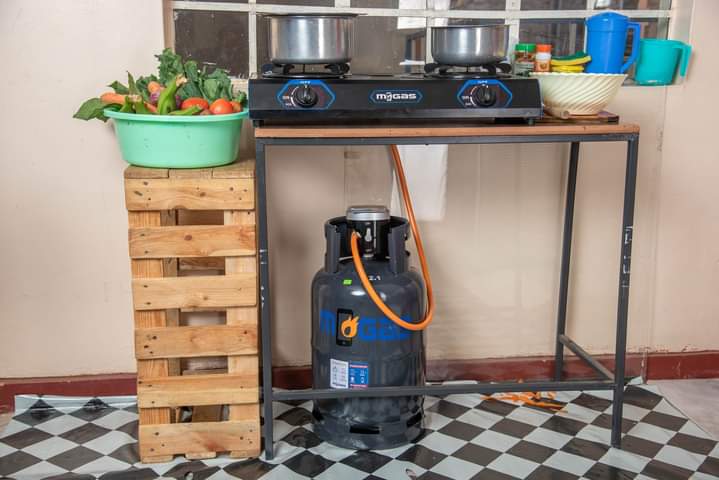The reported drop in the price of cooking gas in the country has ignited heated reactions among Nigerians on Twitter.
On Sunday, Wale Adedayo, a freelance writer, took to the microblogging platform to share a receipt for cooking gas purchased on June 1.
The receipt showed that 12.5 kg of cooking gas — which reportedly ranged between N9,375 and N13,000 in May — now goes for N6,950.
“12.5kg of Cooking Gas in May – N9375, 12.5Kg of Cooking Gas in June – N6950. Maybe…just maybe…we should speak out when prices go down too. This feels good,” he wrote.
The receipt was also shared by many others on Twitter in different contexts.
The development comes on the heels of controversies trailing President Bola Tinubu’s announcement that “fuel subsidy is gone“.
Some users argued that the drop in the price of gas is an indication that the price of petrol will also crash with time, when the subsidy is finally removed.
Others also said the government deserves to be applauded for the current price of gas.
WHAT DETERMINES THE PRICE OF GAS?Unlike petrol, cooking gas is not subsidised by the government. This means that the price of cooking gas is majorly determined by market forces.
Speaking on this, Leo Ukpong, a professor of Financial Economics at American University School of Business, Yola, Adamawa state, described the reported drop in price as a “supply-driven phenomenon”.
“The production of gas is very different from the refinery process of petrol. In the first place, gas was not subsidised, so it is not part of the whole subsidy issue. Petrol or PMS was subsidised but the price of cooking gas has always been determined by market forces,” he told TheCable.
“Cooking gas is basically demand and supply. The drop in price could be due to an increase in supply. If that is the case, it means the gas plants in the country are now more efficient. I think it is a supply-driven phenomenon.”
